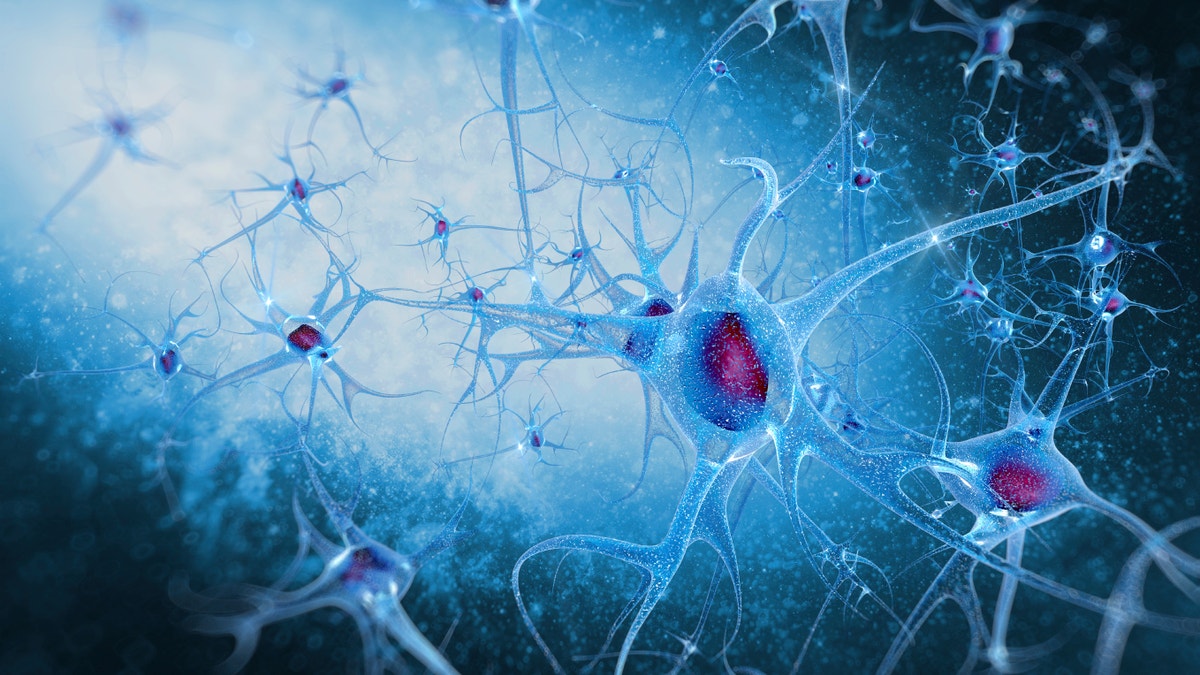
Starting treatment with aspirin right after a mini-stroke greatly reduces the risk of a major stroke in the following days, according to a new analysis.
Stroke causes one out of every 20 deaths in the U.S., killing nearly 130,000 people each year.
In a mini-stroke, known technically as a transient ischemic attack (TIA), blood flow to the brain is only blocked for a short time, usually less than five minutes, according to the Centers for Disease Control and Prevention.
Signs of a TIA can include face drooping, arm weakness, sudden confusion, trouble speaking or understanding, sudden trouble seeing in one or both eyes, sudden trouble walking, dizziness, lack of balance or coordination, or sudden severe headache with no known cause.
More than a third of people who have a mini-stroke end up having a major stroke within the year if they don't receive treatment.
The American Stroke Association warns on its website that a mini-stroke "is more accurately characterized as a 'warning stroke,' a warning you should take very seriously."
"A great many people who have (mini-strokes or TIAs) don't seek medical attention, and don't feel that it's an emergency," said lead author Peter Rothwell of the Stroke Prevention Research Unit in the Nuffield Department of Clinical Neuroscience at John Radcliffe Hospital in Oxford in the U.K.
But seeking medical attention is incredibly useful, he said.
Previous studies found that the risk of major stroke in the days after mini-stroke is greatly reduced with an intensive drug cocktail, but it was not clear if the benefit came from aspirin or other drugs, Rothwell told Reuters Health by phone.
The researchers analyzed data pooled from more than 15,000 participants in 12 trials comparing aspirin to no aspirin treatment after mini-stroke. Taking aspirin reduced the risk of a recurrent stroke in the following six weeks by about 60 percent and the risk of disabling or fatal stroke was reduced even further, regardless of dose or patient age, they reported in The Lancet.
Without treatment, mini-stroke may be followed by major stroke in 5 percent of cases within two days, 10 percent within a week, and 15 percent within a month, said professor Graeme Hankey of The University of Western Australia, who wrote an accompanying commentary in the journal.
"Aspirin reduces the aggregation of platelets, and hence helps prevent the formation of blood clots that may arise on ruptured/eroded atherosclerotic plaques in arteries supplying blood to the brain, and prevent the clots blocking the artery, or breaking away and (traveling) down stream to block a smaller artery in the brain, and cause a stroke," Hankey told Reuters Health by email.
As with a heart attack, if you feel any symptoms of stroke or mini-stroke, like weakness on one side of the body, vision problems or slurred speech, you should call 911 and take an aspirin, Rothwell said.
"Even though the recommendation is there for heart attack, the benefit for TIA and stroke is much larger," he said.
If a TIA patient does seek treatment, "often they see someone relatively junior in the emergency department or a family doctor, get referred on for a specialist opinion and quite often are not given aspirin," he said.